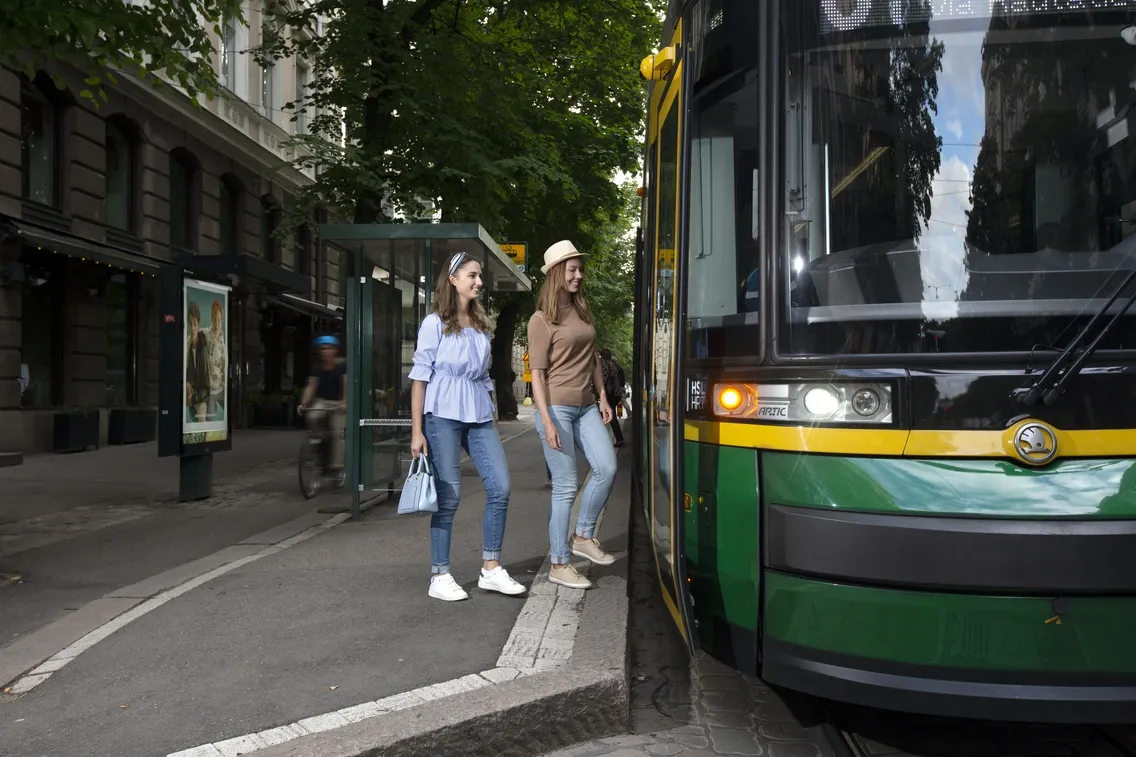Canada’s TriMet (Tri-County Metropolitan Transit Authority), C-TRAN and Portland Streetcar have launched Hop Fastpass, an open payments, electronic fare collection system implemented by Init. This regional e-fare system spans multiple agencies allowing transit passengers to pay for trips on TriMet and C-TRAN buses, Portland Streetcar, MAX Light Rail, WES Commuter Rail or the C-TRAN Vine BRT system, which all operate within the Portland-Vancouver Metropolitan Area. Hop Fastpass is a fully integrated open pa
July 19, 2017
Read time: 2 mins
Hop Fastpass is a fully integrated e-fare system that can accept regular contactless fare media (Hop cards) and will accept contactless credit or debit card payments.
Init’s back-end processing software, MOBILEvario, serves as the core intelligence for the account-based open payment Hop Fastpass system. It manages and processes the multi-agency fare structures in real-time, recognises and processes revenue sharing, as well as managing accounts and automating reconciliations.
Hop Fastpass can be used on more than 700 buses and rail vehicles and at around 400 platform validators. Using the Hop website, Hop app, customer hotline, or the growing retail network, passengers can manage funds virtually any time of day or night.








